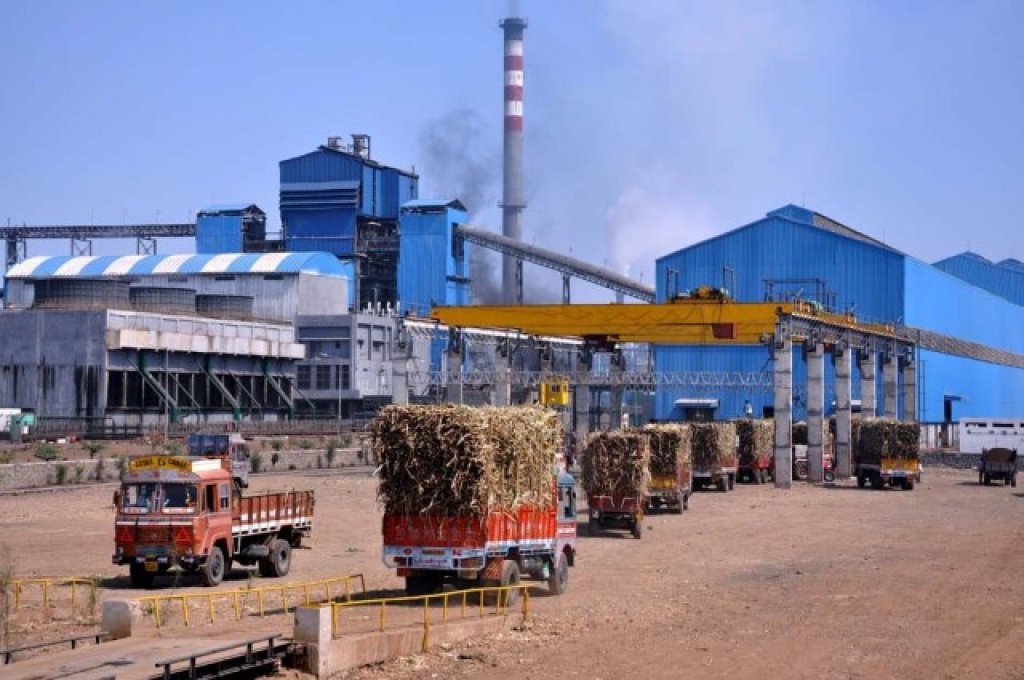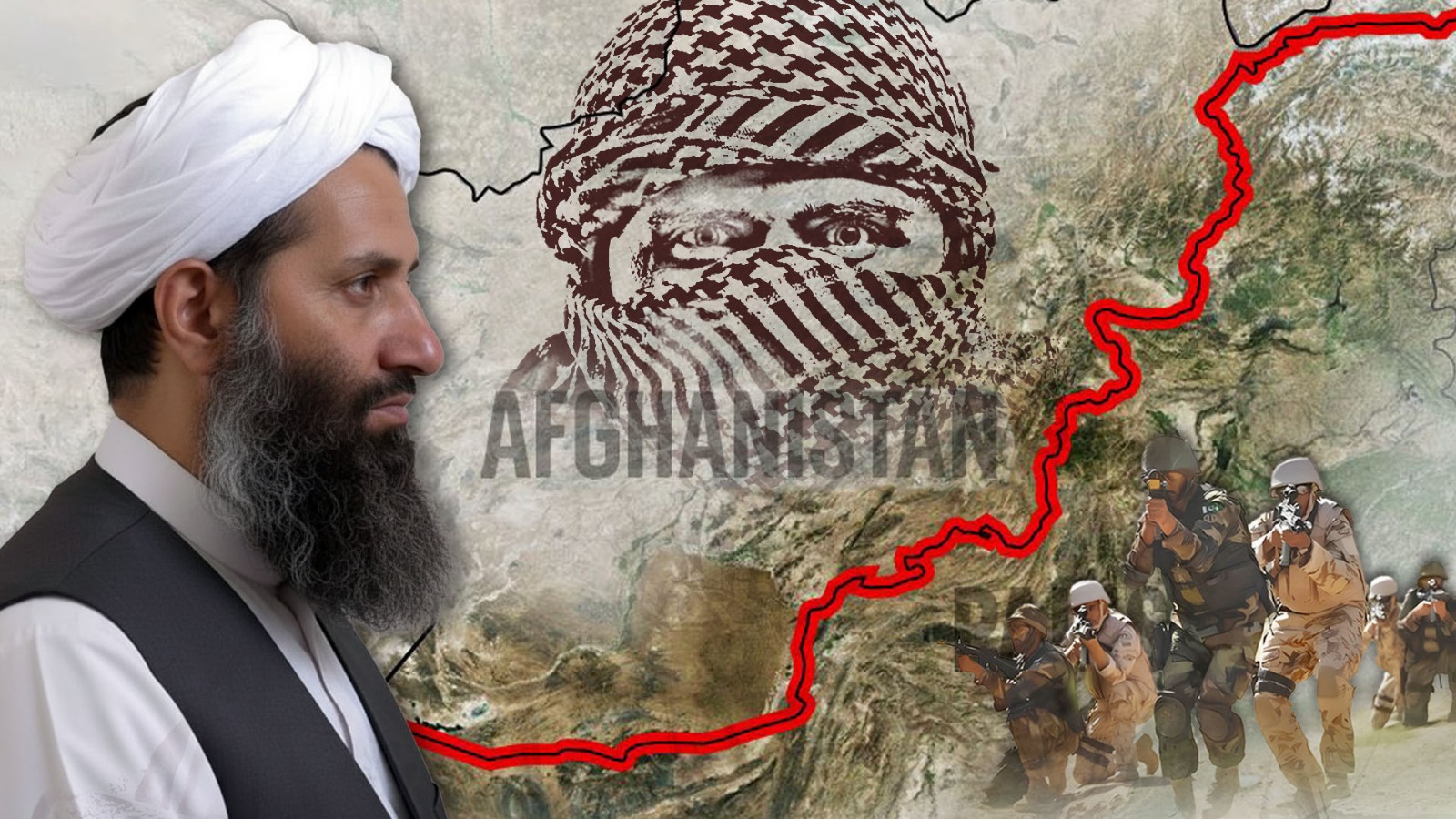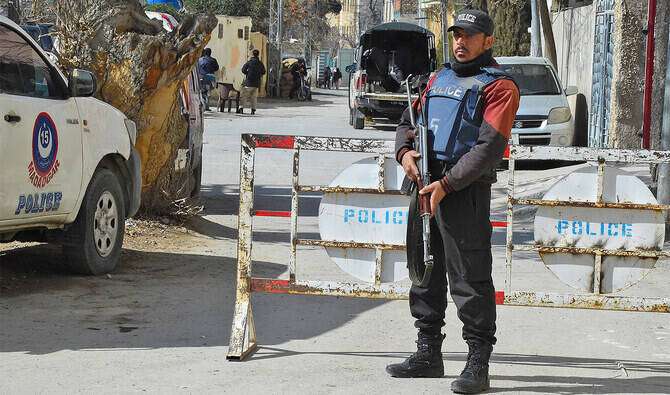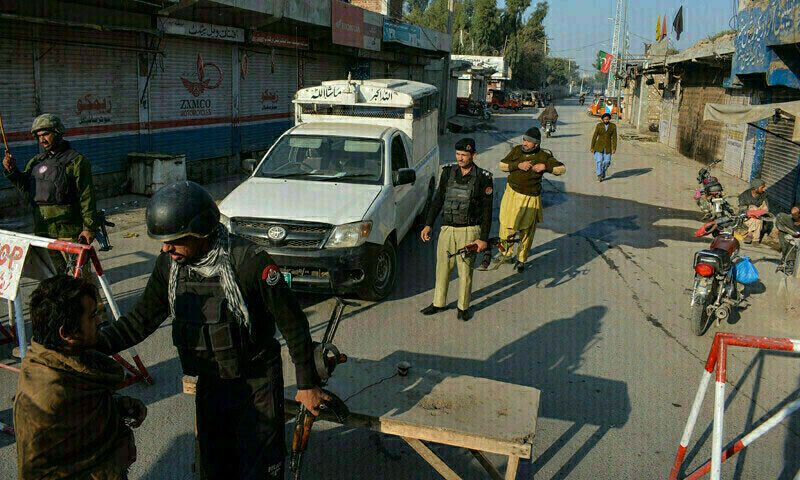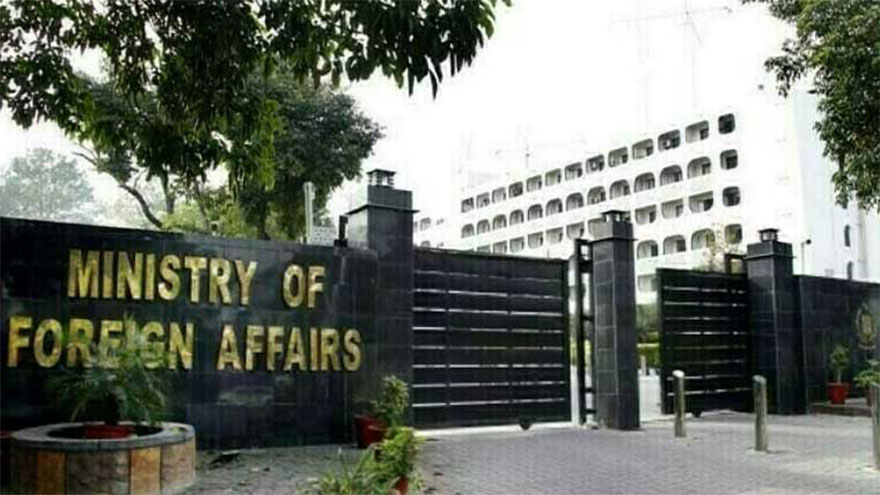Pakistan assumed the presidency of the United Nations Security Council on July 1st, 2025, taking on a significant role at a time of heightened international instability.
This marks Pakistan’s eighth term on the 15-member council and its first presidency since 2013. The country began its current two-year non-permanent membership in January 2025 and will serve until the end of 2026.
Pakistan’s Permanent Representative to the UN, Ambassador Asim Iftikhar Ahmad, acknowledged the challenges facing the international community, including escalating conflicts, complex geopolitical dynamics, and growing doubts about the effectiveness of multilateral institutions.
He highlighted Pakistan’s commitment to peaceful conflict resolution and diplomacy, promising a principled and balanced approach during its presidency.
Although the monthly rotating presidency lacks executive authority, it offers considerable influence over the Council’s agenda and overall tone. This is particularly important given the UNSC’s perceived deadlock on critical issues such as the situations in Gaza and Ukraine.
With global confidence in multilateral mechanisms waning, Pakistan’s leadership will be closely scrutinized. Ambassador Ahmad pledged to promote transparency, inclusivity, and responsiveness, working collaboratively with other council members to achieve timely and collective action in accordance with the UN Charter and international expectations.


